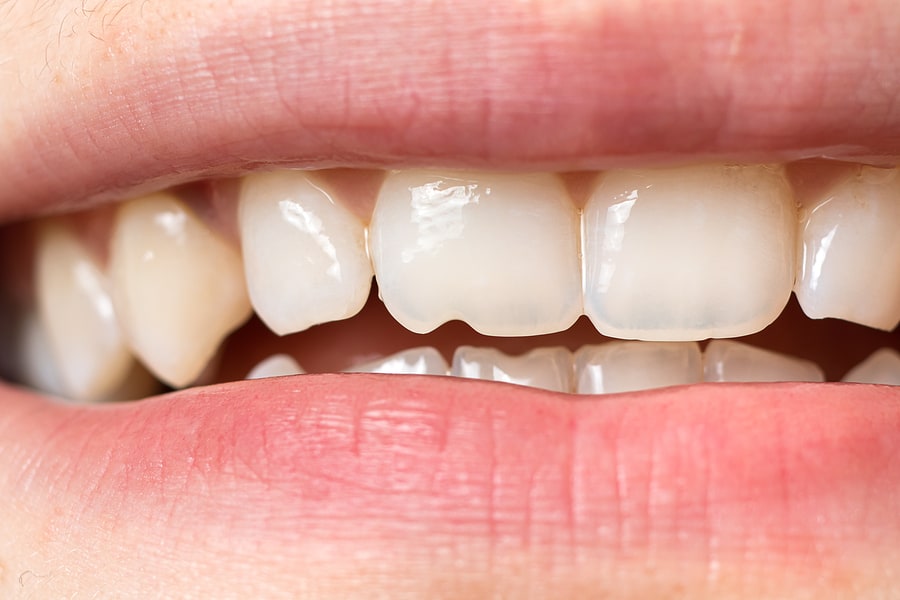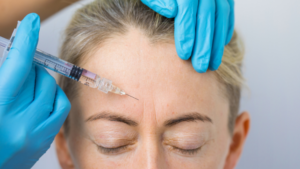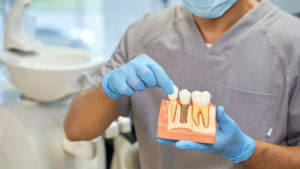One of the great facets of modern dentistry is that if you chip, wear, damage or discolour a tooth, it isn’t always necessary to replace it. Treatments such as cosmetic bonding can restore a tooth to its former glory and in a minimally invasive way. Read on to find out more about composite bonding at 92 Dental and if it’s the treatment for you.

What is composite bonding?
Composite bonding is a cosmetic and restorative treatment that works by building up layers of composite resin. This treatment is used principally for small cosmetic changes and is popular with patients and dentists alike (we’ll discuss why later). There are multiple things cosmetic bonding here in Hammersmith can achieve, including:
- Repairing damaged and chipped teeth
- Reshaping a tooth
- Address discolouration
- Straighten and align a crooked tooth
- Make finishing touches to teeth after orthodontic treatment is complete
How is composite bonding performed?
There are several steps involved in the composite bonding process at 92 Dental, including:
- Examining your teeth: we will take a close look at the tooth in question and plan out how to restore it with composite bonding.
- Preparation stage: the tooth is roughened and etched using gel, and bonding primers and resin are applied. The composite can then be applied in stages and sculpted, allowing us to create a precise restoration in keeping with neighbouring teeth. It’s this ‘bit-by-bit’ application that makes composite bonding so attractive to dentists, as it allows for a highly accurate result.
- Finishing touches: we match the pigments with your tooth shade and harden the area with a high-intensity UV light. Meaning you can leave the practice here in Hammersmith with a brand new smile and resume your normal activities straight away.
Is composite bonding the treatment for you?
Advantages of composite bonding
Here are a few reasons why composite bonding can be very beneficial to patients:
- Bonding gives natural-looking results: the composite resin material used for composite bonding is carefully layered to match the subtle light-reflecting properties of real tooth enamel.
- Minimally-invasive treatment process: while cosmetic bonding requires removing some tooth enamel, this is a lot less than is necessary for a veneer.
- Cost-effective: cosmetic bonding is the cost-effective counterpart of veneers. Veneers are more durable, but can become costly, especially if multiple teeth are being treated.
- Fast treatment: composite bonding can take as little as an hour, and you won’t usually need a follow-up appointment. In comparison, veneers and crowns will take at least two appointments to complete at our Hammersmith dental practice.
Disadvantages of composite bonding
Certain disadvantages of a bonded tooth include:
- Not as durable as veneers: whilst composite resin is a durable material that can last for as long as ten years, it doesn’t match the porcelain used for veneers. Crowns are also a more long-lasting option compared to cosmetic bonding.
- Not resistant to stains: veneers are well-known for being highly stain-resistant. Unfortunately, the same is not true of composite bonding, which means making the right dietary choices and being regimental with your brushing is very important if you want to keep your bonded tooth looking its best.
- More easily damaged: if you’re planning to opt for composite bonding, you should be prepared to make a conscious effort to avoid anything that might chip or damage the tooth. Avoid bad habits like chewing pencils, your fingernails and biting on ice cubes, as this can do so. If you’re partaking in contact sports, be sure to wear a sports mouthguard to protect your bonded tooth (and your other teeth) from the risk of trauma. Although a bonded tooth is more prone to damage, it is fast and easy to repair.
Composite bonding: aftercare
It’s essential to be mindful that dental bonding is more prone to chipping and staining than veneers and crowns. But caring for your bonded tooth or teeth is straightforward and doesn’t require any special care. To make sure your bonded tooth lasts as long as possible, be sure to:
- Brush: brush twice a day for two minutes, morning and evening. If you’re unsure how to get the best out of your brushing, please ask your dentist here at 92 Dental in Hammersmith during your composite bonding appointment or your routine dentist appointment.
- Floss: floss along the gum line and carefully between the adjacent teeth to the bonded tooth. If you find flossing a challenge, you can also use interdental brushes.
- Top up on water: many people underestimate the role water has to play in maintaining a healthy mouth. Getting into the habit of drinking water after every time you eat will make sure your mouth is free of food particles and bacteria that might harm your bonded tooth, and indeed all your other teeth.
- Watch out for staining: remember that the composite resin used for tooth bonding will stain. Avoid smoking, sugary and dark-coloured food and drink and red wine.
- Avoid habits that lead to wear: habits like biting fingernails, pens, and ice will almost certainly cause your bonded tooth to wear away. Protect the resin from this risk by sticking to only food and drink and not objects!
Your options for repairing a tooth at 92 Dental
As well as offering composite bonding and porcelain veneers, we can also repair a tooth using composite veneers. Unlike porcelain veneers, composite veneers don’t require the whole tooth to be covered in resin, so they’re ideal for repairing smaller chips and cracks in your teeth. Though not as durable as porcelain veneers, composite veneers are more cost-effective.
If you are interested in any cosmetic bonding or veneers and based in the Hammersmith area of west London, please call our receptionist Jenny on 020 8748 1381. She will be happy to help discuss these treatments with you.




